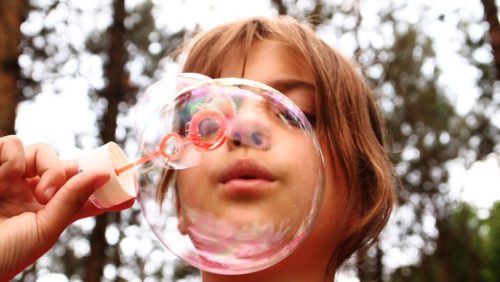Simple But Not Easy

One of the most challenging types of love to develop is self-love. It can seem like an esoteric belief or a legend, like past lives or Valhalla. How can a person be okay with the way things are when they’re filled with unease, shame, or worry? Even when you’re relatively satisfied with your life, there can be a subtle and constant undertow. Do better. Be better.
And if there’s been a drip-campaign of cumulative stress, it can be that much harder to feel anything even remotely positive towards oneself.
Self-love can feel like a foreign language.
But a guiding principle of self-love–similar to the higher aspirations in a committed, safe, and loving marriage–is that we don’t just love a person when they’re strong, charming, generous, radiating bliss and fulfillment, successful and riding high. What’s the point of that? Where’s the courage, the depth, the richness, the breadth of our humanity in doing something so easy?
A Psychological Rewards Program

Similarly, what’s the point of only feeling self-love if we ourselves have succeeded? We did the thing we set out to do. We’re feeling what we want to feel. Others are praising us. We’ve achieved our goals and we’re healthy, young, glowing and unstoppable. Where’s the challenge in loving oneself in those ideal circumstances. If that’s what’s required to feel love towards ourselves, it’s not love we feel. It’s something else: pride, fear, resistance, clinging, control. We’re locked into a psychological rewards program.
“I love you,” we tell ourselves, “when you’re accomplishing things.” Good parents try to avoid loving their children this way. You don’t just love your kid when they fit some version of “good kid” and follow your rules and requirements. You love them always, when they’re obstinate, failing miserably, sick, unhappy, or pressing Play-doh into the TV remote. You stop them, discuss why you need your remote Play-doh free, and love them still.
Originally published on The Good Men Project.




